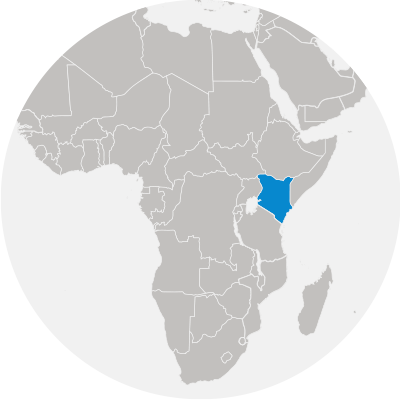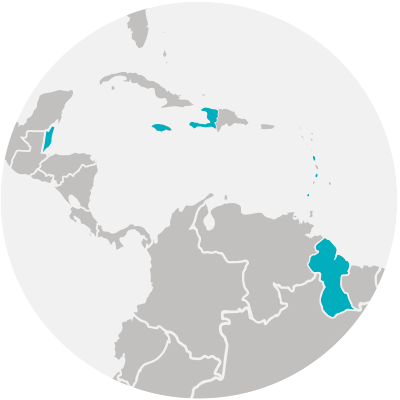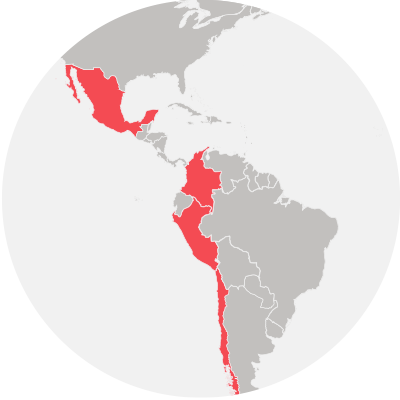Climate change is the single biggest challenge facing our world. Canada’s colleges and institutes act to fight climate change and its impacts through things like education, innovation and research, policy reform, modernizing infrastructure, transitioning to a green economy, and holding each other accountable on climate commitments.
Canada’s colleges and institutes doing their part.
We connect leaders, educators, and innovators to address worldwide challenges like climate change, poverty, and inequality. We empower people around the world, especially women, youth, and disadvantaged populations to contribute to positive change.
Canadian colleges and institutes train learners to work in green industries and conduct applied research in the latest clean technologies.
We design and deliver programs that equip people around the world to contribute to climate change mitigation and adaptation. We help communities assess challenges, identify solutions, and strengthen response systems in areas like natural resources management, food security, and disaster risk reduction.
We mobilize people and support innovation for a changing economy.
We help governments, training institutions, and communities reform their technical and vocational education and training (TVET) systems to improve access to training, strengthen the quality of programs, expand training to meet the needs of emerging sectors, and ensure that they remain relevant, especially for girls, women, and vulnerable populations.
We empower women to achieve their full potential and contribute to the green economy.
We use an approach that promotes access to training, student retention, and equitable labour market outcomes for women and girls. Our approach increases the participation of women in green economies and supports women in leadership roles to build climate resilience at the community level.
Our International Programs
By linking Canadian institutions with partners all around the world, we help transform post-secondary education and connect learners with employment-based training and the global skills they need to succeed.

The Kenya Blue Economy Skills Training Program (KBEST) aims to increase local institutional capacity to deliver gender-responsive skills training programs in the blue economy sector that meet the needs of Kenyan industry and economic growth plans.

The Skills to Access the Green Economy Program (SAGE) aims to help Belize, Dominica, Grenada, Guyana, Jamaica, and St. Lucia become more resilient by supporting demand-driven technical and vocational education training (TVET) in key economic sectors associated with climate change in the Caribbean.

The Pacific Alliance Education for Employment Program (PA-EFE) supports sustainable development and skills for employment in the extractive sector of the four Pacific-Alliance countries (Chile, Colombia, Mexico, and Peru).

